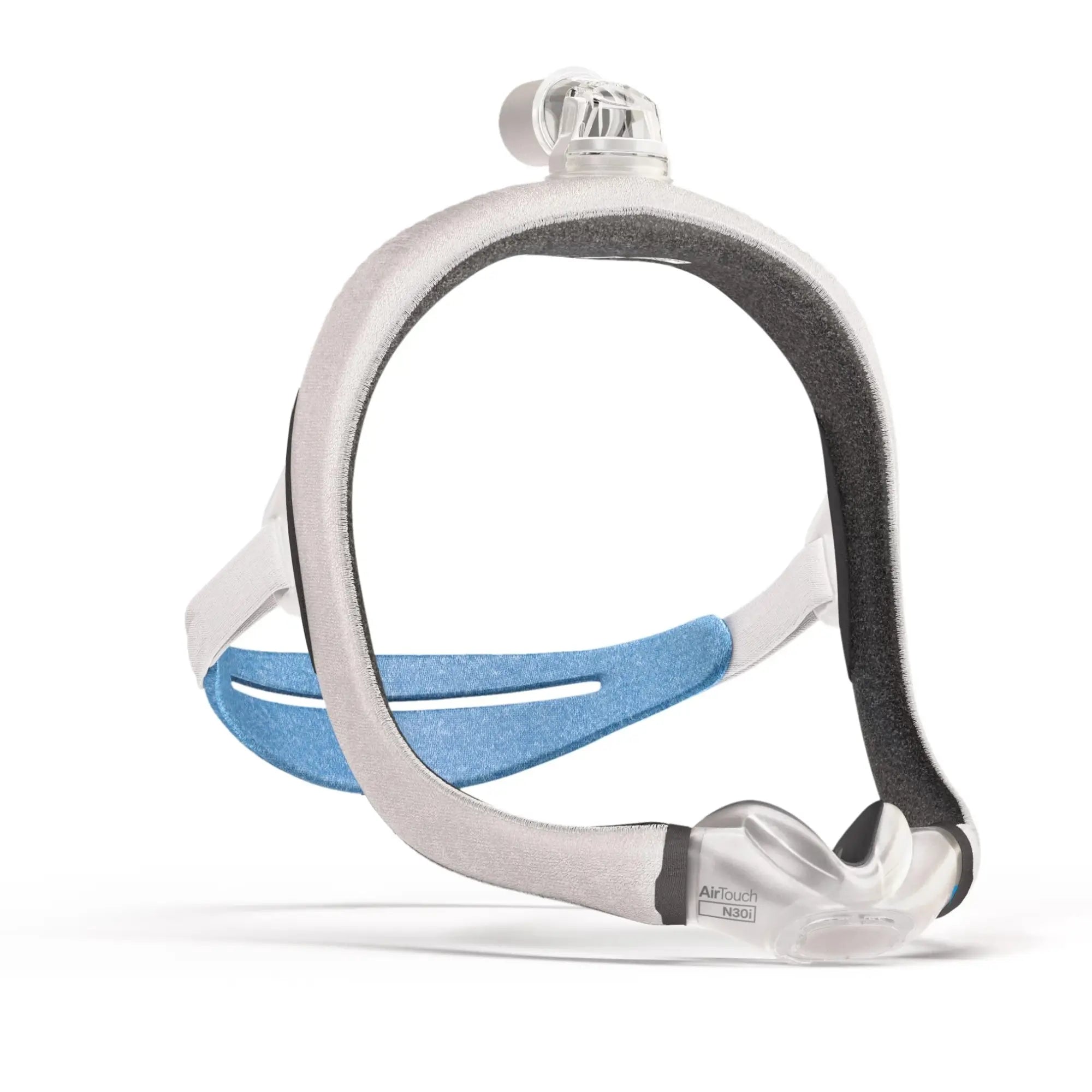Sleep paralysis is characterized by a transient lack of muscular control, known as atonia, that occurs at once after falling asleep or waking up. During periods of sleep paralysis, patients often experience hallucinations in addition to atonia. This can be unsettling and frightening for some people.
Recently, it has been discovered that sleep apnea and sleep paralysis are also related. In fact, sleep paralysis can be a symptom of obstructive sleep apnea.
Can You Get Sleep Paralysis from Sleep Apnea?

You may think that sleep paralysis and sleep apnea are 2 different things but in fact if you have sleep apnea, you can develop sleep paralysis.
Some of the highest associations with isolated sleep paralysis have been seen in sleep disorders and other sleeping issues. People with obstructive sleep apnea (OSA), a sleep disease characterized by recurrent gaps in breathing, report higher rates of sleep paralysis, 38 percent in one study. Sleep paralysis is also more likely in those who have midnight leg cramps.
If you don’t sleep properly throughout the night, it can worsen your sleep apnea. And a worsening apnea can lead to an even worse case of sleep paralysis.
In some ways, a person can get stuck in a cycle. By not sleeping enough, you can get paralysis. And by getting paralysis, you might not sleep enough due to the stress.
Here are a few ways you can treat your sleep paralysis and sleep apnea:
1. Set a Bedtime

Going to sleep at the same time every night could help you manage your sleep paralysis symptoms. If you stick to a bedtime, even on weekends, it will get your body used to sleeping at that time and lessen your sleep apnea and sleep paralysis symptoms. If you use a CPAP machine for your sleep apnea, make sure you keep up with your therapy every night.
You should also leave at least one hour between the last time you looked at a screen and going to bed. Journaling and meditation before bedtime would also result in a more relaxed body and mind.
2. Reduce Alcohol and Caffeine Consumption

Reducing your alcohol and caffeine consumption in the evenings could have a significant impact on your symptoms. Excessive alcohol or caffeine consumption can worsen your sleep paralysis symptoms. If you suffer from sleep apnea, drinking alcohol before bed will loosen your muscles and cause obstructions as you sleep. Caffine will keep you awake and disturb your nightly routine.
3. Exercise Before Bed

It is recommended to exercise as often as possible before going to bed to get the blood flowing and the body moving. People who do this are less likely to get restless leg syndrome, sleep apnea, or even sleep paralysis during the night, according to research. Exercising 1 hour before bed can promote reduced anxiety, and normalize your internal clock.
Final Thoughts
There is a clear relation between sleep paralysis and sleep apnea. People who suffer from both may fall into a vicious cycle of not sleeping, therefore, worsening their symptoms. We hope these tips were helpful in managing your symptoms. If you think you may have both, please visit your healthcare professional for further help. This is something you should not even think about neglecting.

















































